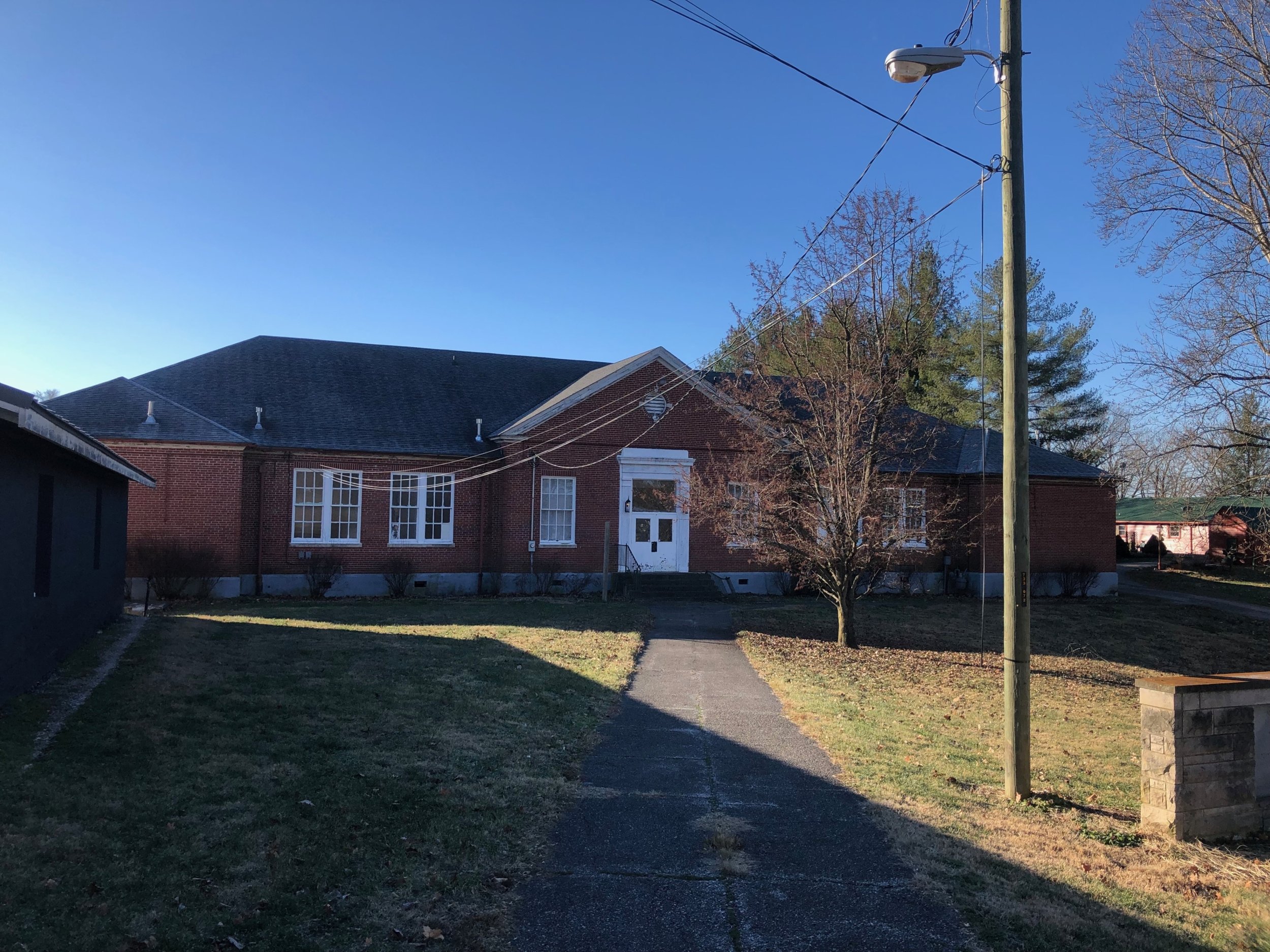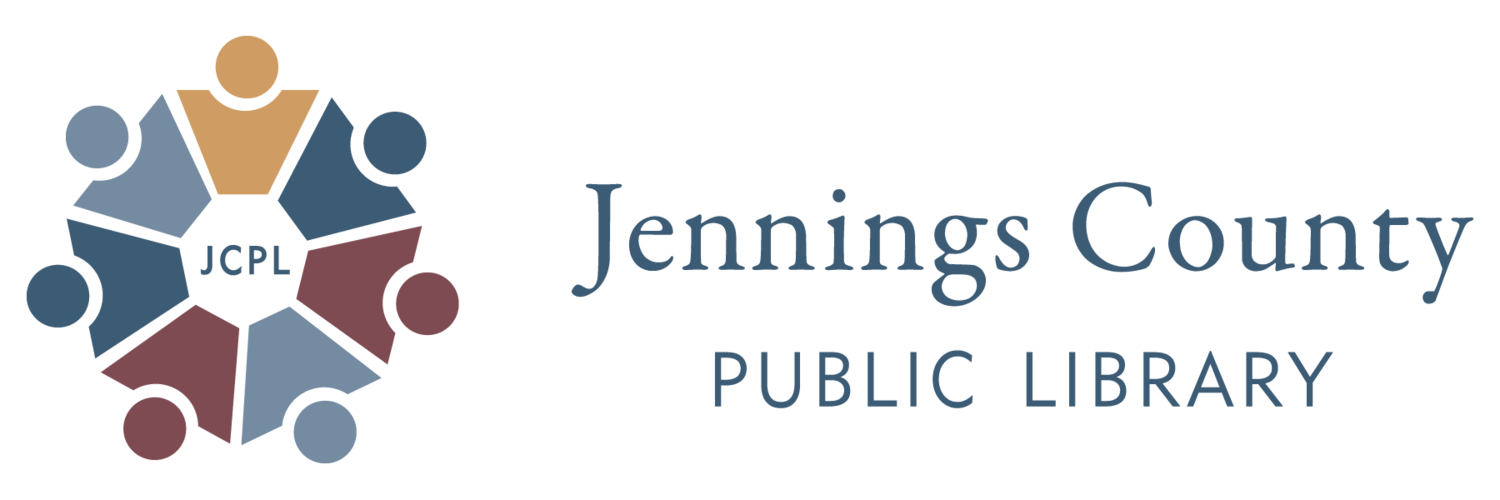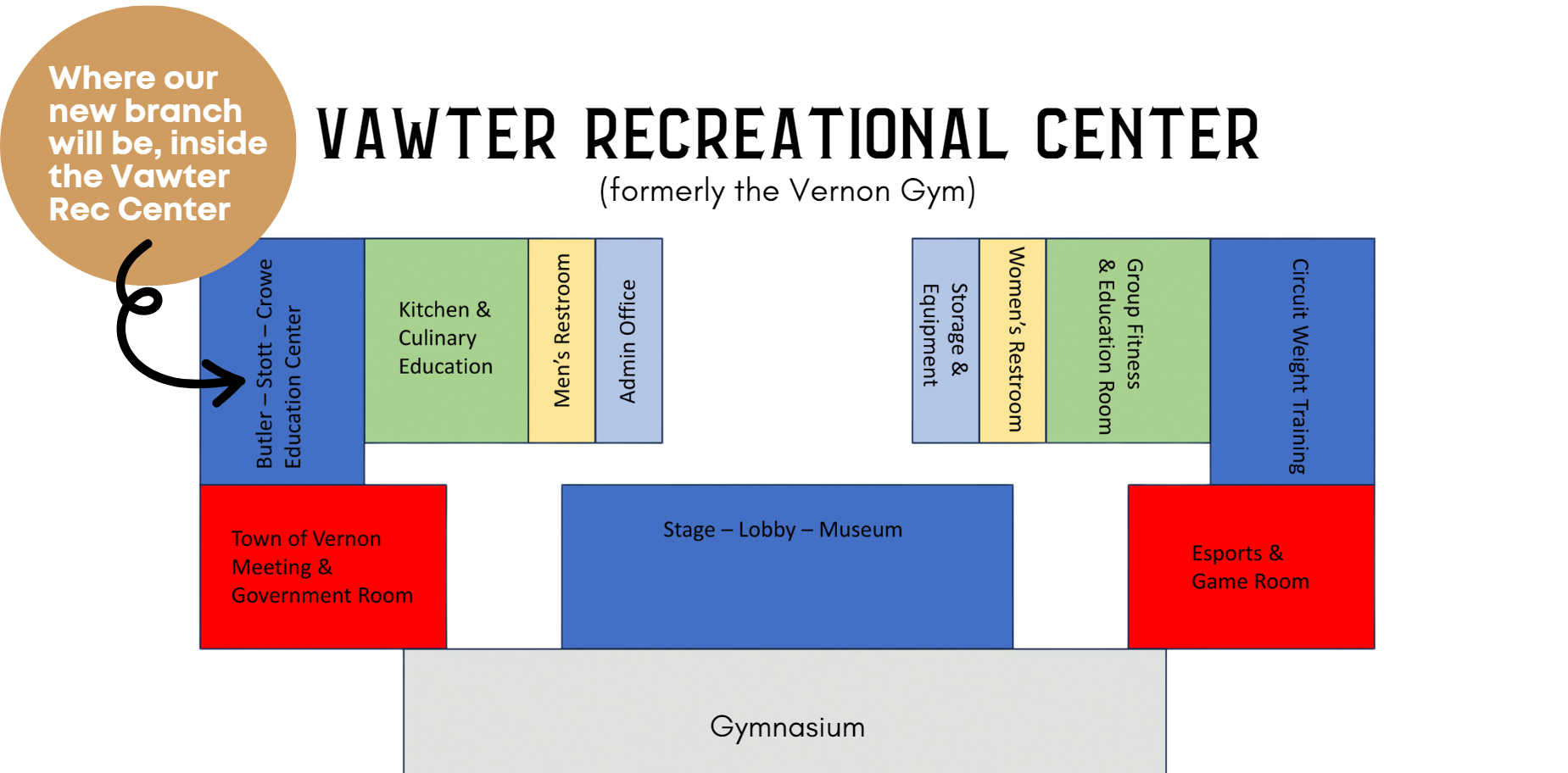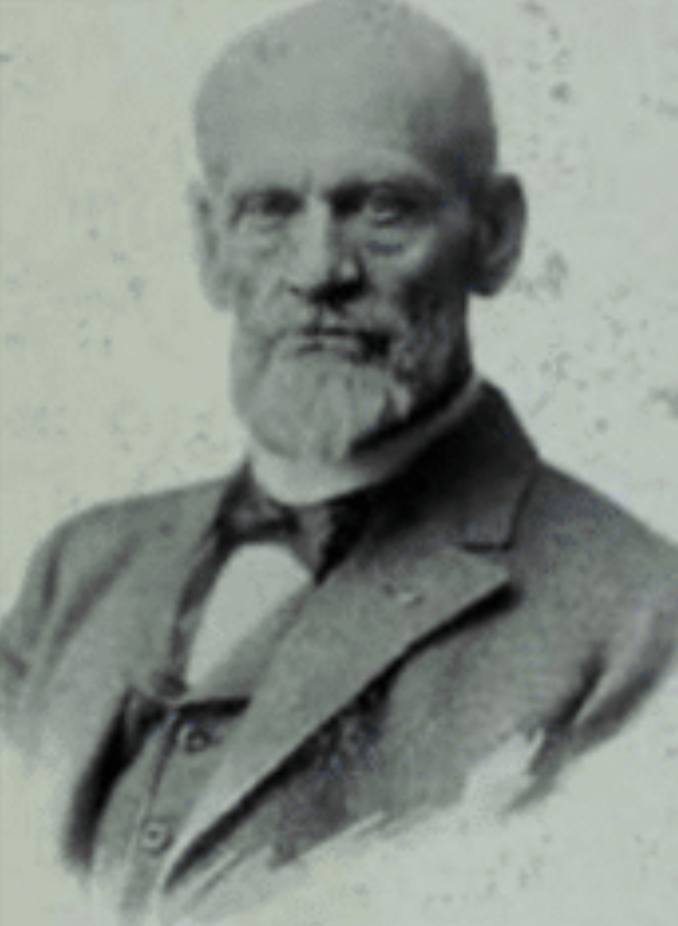
Butler-Stott-Crowe Branch
JCPL Vernon Branch
Butler Stott Crowe Branch Coming 2025
|
Butler Stott Crowe Branch Coming 2025 |
Our branch hours will start in 2025! Stay tuned, and in the meanwhile check out some of our current programs being held at our Butler Stott Crowe Branch!
We are excited to announce that we are expanding our library! This winter, we are launching a satellite location at the Vawter Recreational Center (formerly known as the Vernon Gym). We are so excited to be a part of this project and take the gym back to its roots of being a place of learning and gathering for the town!
Keep an eye out this fall, as we will be hosting a few of our programs in the Butler Stott Crowe education center (a room in the Vawter Rec Center) prior to the launch! Check out some of our programs happening at the Vawter Recreational Center at https://jenningscounty.librarycalendar.com/ or by visiting the library!
The Vernon Gym, now being rebranded as the “Vawter Recreational Center”, this building will serve as a multifunctional recreational facility that enhances the health, wellness and knowledge for citizens of all ages in Vernon and the surrounding community.
Back to its roots!
Take our survey!
We want to hear from you! Help us better serve our community by taking the survey linked below. This will tell us what days work best to be open, which programs to offer at our Vernon Branch and much more!
PROGRAMS
HISTORY IN THE NAME
Ovid Butler
In 1817, at the age of 16, Ovid Butler moved to Vernon to join his grandfather, Joel. In a one room cabin on Gaines Street, Ovid became Vernon’s second teacher. Between 1819 and 1825, he taught common school, attended Vernon Seminary, and lived with William Avery Bullock, a local lawyer who gave him legal instructions. He worked as a store clerk and continued to self study. In 1825, Ovid made his way north. From 1825 to 1836, Ovid practiced law in Shelbyville. Next, he moved to Indianapolis where he became increasingly active with the Disciples of Christ Movement and abolitionist. On January 15, 1850 the Indiana General Assembly approved a school for the Christian movement. Ovid raised the necessary $75,000 and North Western Christian University opened November 1, 1855. Butler served as the head of their board of directors for sixteen years and later made Chancellor. In honor of their founder, the University was renamed Butler University on February 28, 1877.
Butler University
William T. Stott was born in Vernon in 1836. Son of a Baptist preacher, he spent most of his boyhood on the farm. He studied common school in Vernon, but later attended Sardinia Academy. In 1856, Stott left for Franklin College. With their Baptist roots, this was the ideal place for William. He graduated From the classical course in June of 1861 and enlisted one month later. By 1863, Stott became Captain of Company I, Eighteenth Regiment Volunteer Infantry. In 1864, Stott left the Army and returned to Vernon. Stott graduated from Rochester (N.Y.) Theological Seminary in 1868. In 1869, William was called back to Franklin College to serve as their President. At the time, Franklin College was struggling financially and with attendance. Under Stott’s Leadership, the College was able to flourish and prosper. He left Franklin for one year in 1872, but immediately returned. William T. Stott remained the President of Franklin College until his retirement in 1905. He was elected president emeritus. He is Franklin College’s longest serving President. Upon retirement, Stott continued to be a leader in Indiana. He became the President of the Soldiers and Sailors Orphan Home and wrote the History of the Baptist Church in Indiana.
Franklin College
William T. Stott
John Finley Crowe was born in 1787 in Green County, Tennessee. He attended Transylvania University, Princeton Theological Seminary, and was ordained a Presbyterian Minister in 1815. Crowe served as a pastor in Kentucky for several years and was a leading activist for the Presbyterian Movement. In the early 1820’s, Crowe moved north to Indiana as was vital in the continued expansion, growth and organization of Presbyterians and abolitionist. In 1822, he taught Latin in the Vernon Seminary, coordinated The Vernon Presbyterian Church, while also living and ministering in Hanover. His work in the church and in education earned him the title, “twice the founder”. In 1827, Hanover College was established and is Indiana’s oldest private college. John Finley Crowe’s zeal for religion, his energy and devotion are depicted in the modest and prophetic beginnings of the College.
Hanover College







